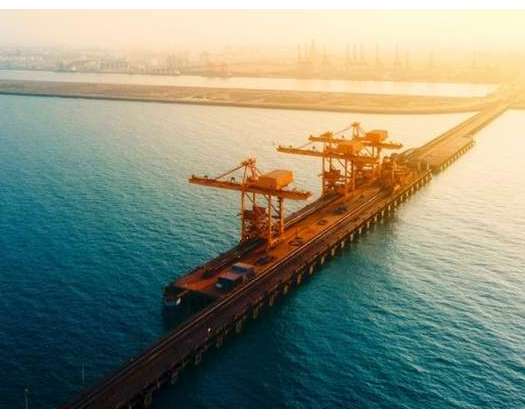New Delhi: The global credit landscape is increasingly at risk, as highlighted in a report by Moody's, due to the escalating geopolitical tensions.
The report underscores geopolitics as the primary threat to global credit stability, with a particular focus on the escalating economic and political tensions between the United States and China.
It points out that the introduction of President-elect Trump's proposed tariffs, should they be implemented, could further disrupt global trade, contingent upon their scope and application. The report states, "The proposed tariffs by President-elect Trump are likely to have a more disruptive impact, depending on their implementation."
Furthermore, the report highlights the deterioration in relations between the two economic superpowers since 2019, following President Donald Trump's imposition of tariffs and trade barriers against China during his inaugural term. It states, "The economic relations between the US and China have worsened since President-elect Donald Trump introduced tariffs and trade barriers against China in 2019."
Additionally, the report notes that China's growing trade surplus, particularly since the COVID-19 pandemic, could exacerbate trade tensions with the United States. As China's surplus increases, it may lead to further retaliatory measures from the U.S. aimed at achieving a trade balance between the two nations.
The report further suggests that the risk of additional trade restrictions has escalated due to China's expanding trade surplus and the resulting imbalances with the U.S.
Moreover, it anticipates the imposition of even stricter investment restrictions and more stringent rules of origin policies, which define the source of goods, complicating international trade further.
The report also mentions that these measures could have significant repercussions in regions and industries that are heavily dependent on trade with China, particularly Latin America and the Asia-Pacific.
These regions, which have increasingly acted as intermediaries or "connector countries" in global trade, may find themselves vulnerable to new restrictions due to their strong ties with China.
Additionally, the report notes that governments and businesses worldwide are actively working to enhance their resilience to the associated uncertainties by diversifying their supply chains. However, the unpredictable nature of geopolitical developments is expected to lead to further shocks, necessitating ongoing responses from both governments and businesses.












